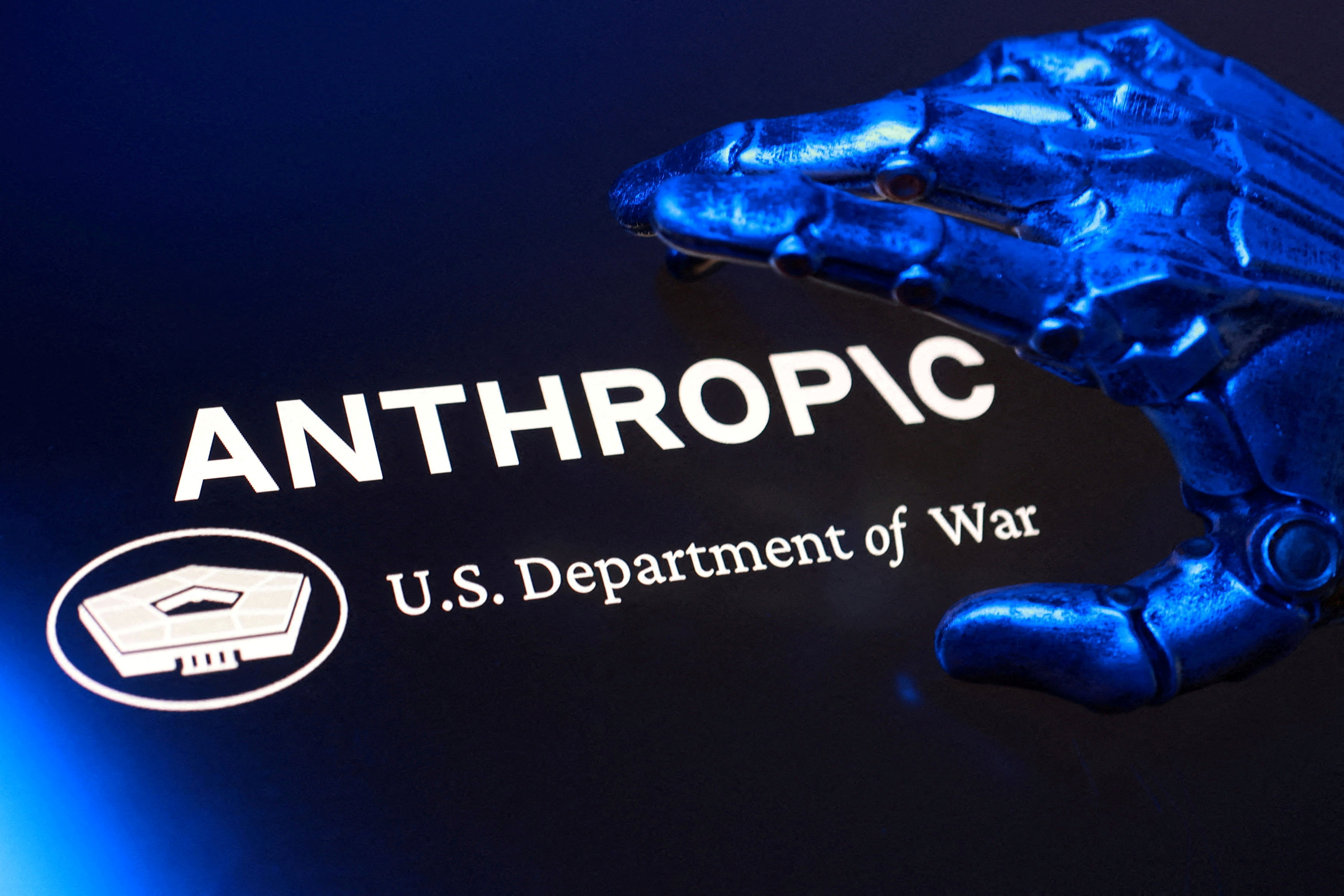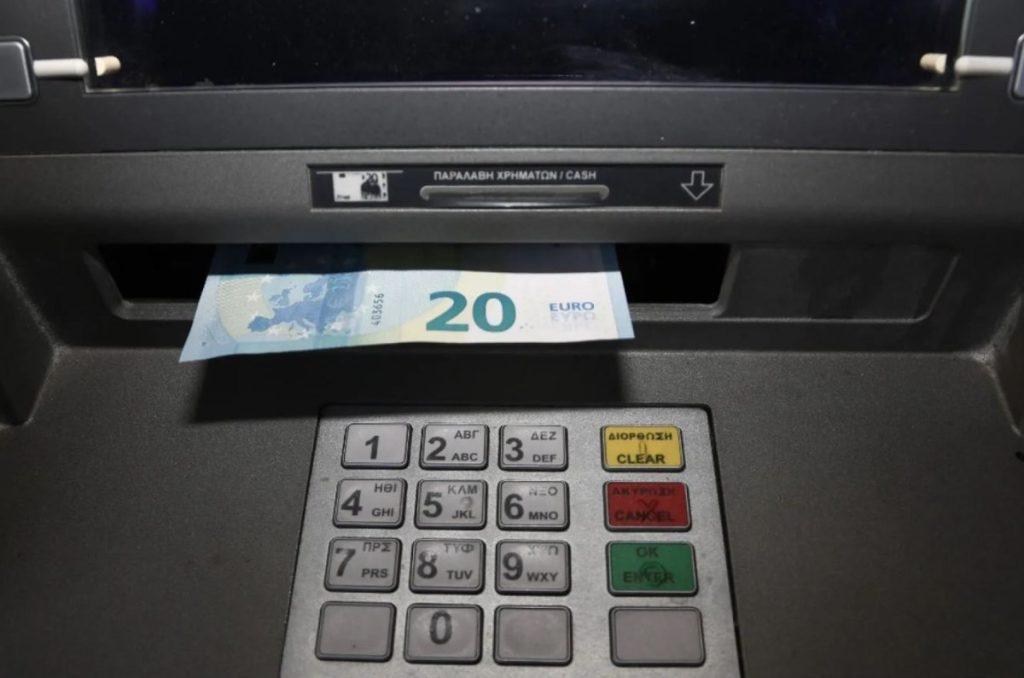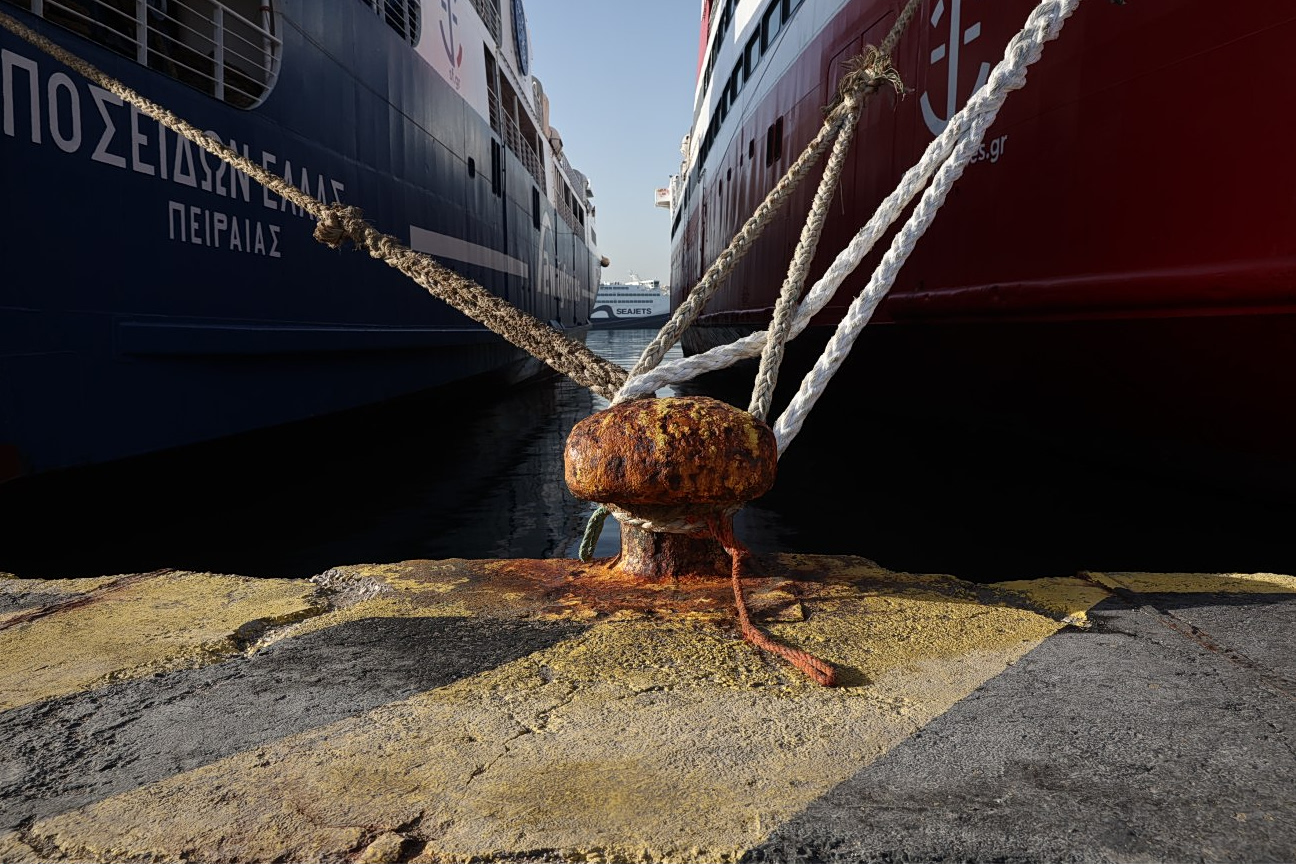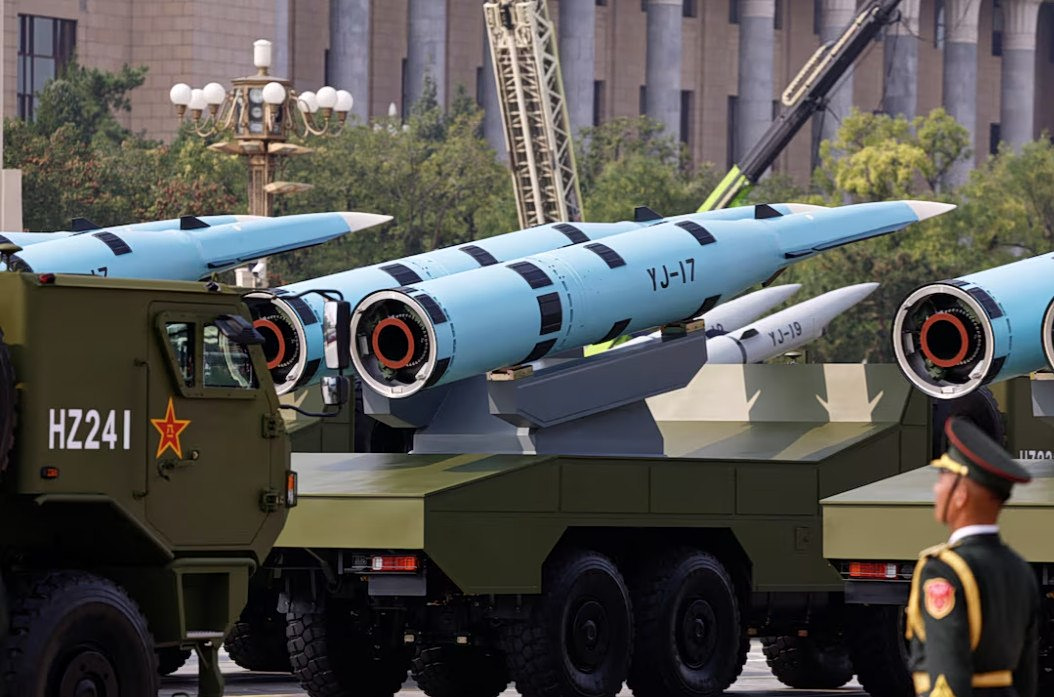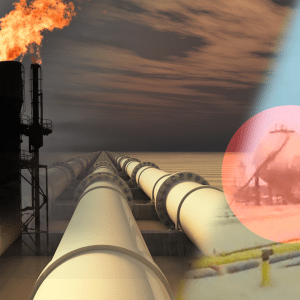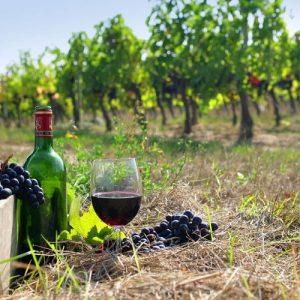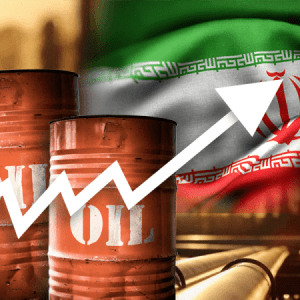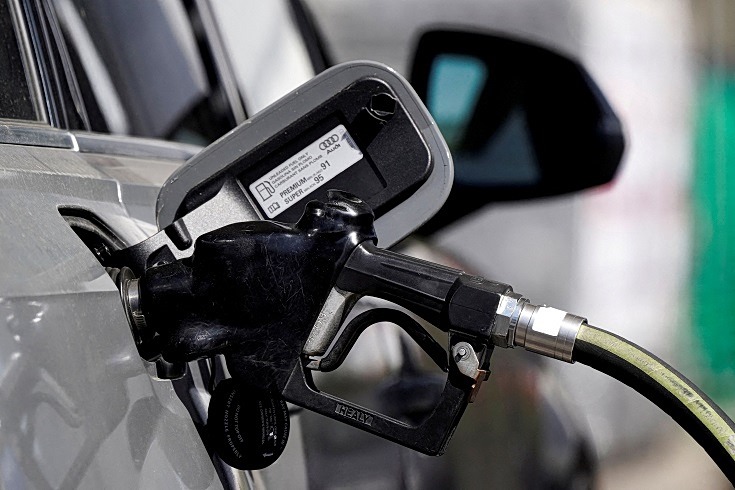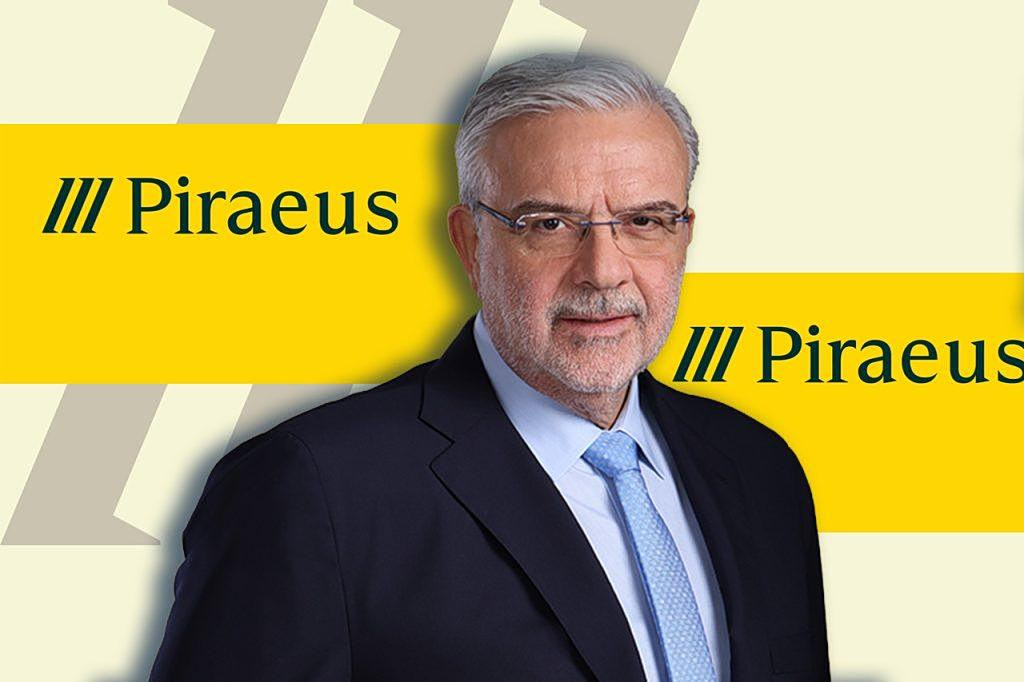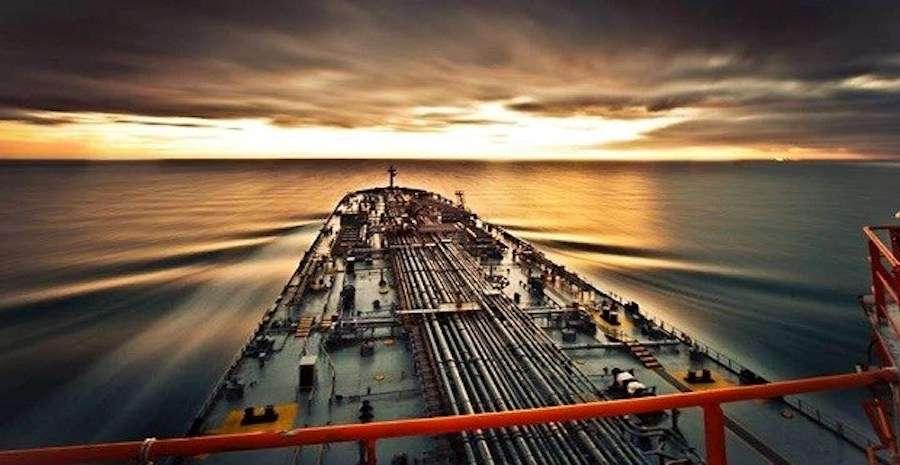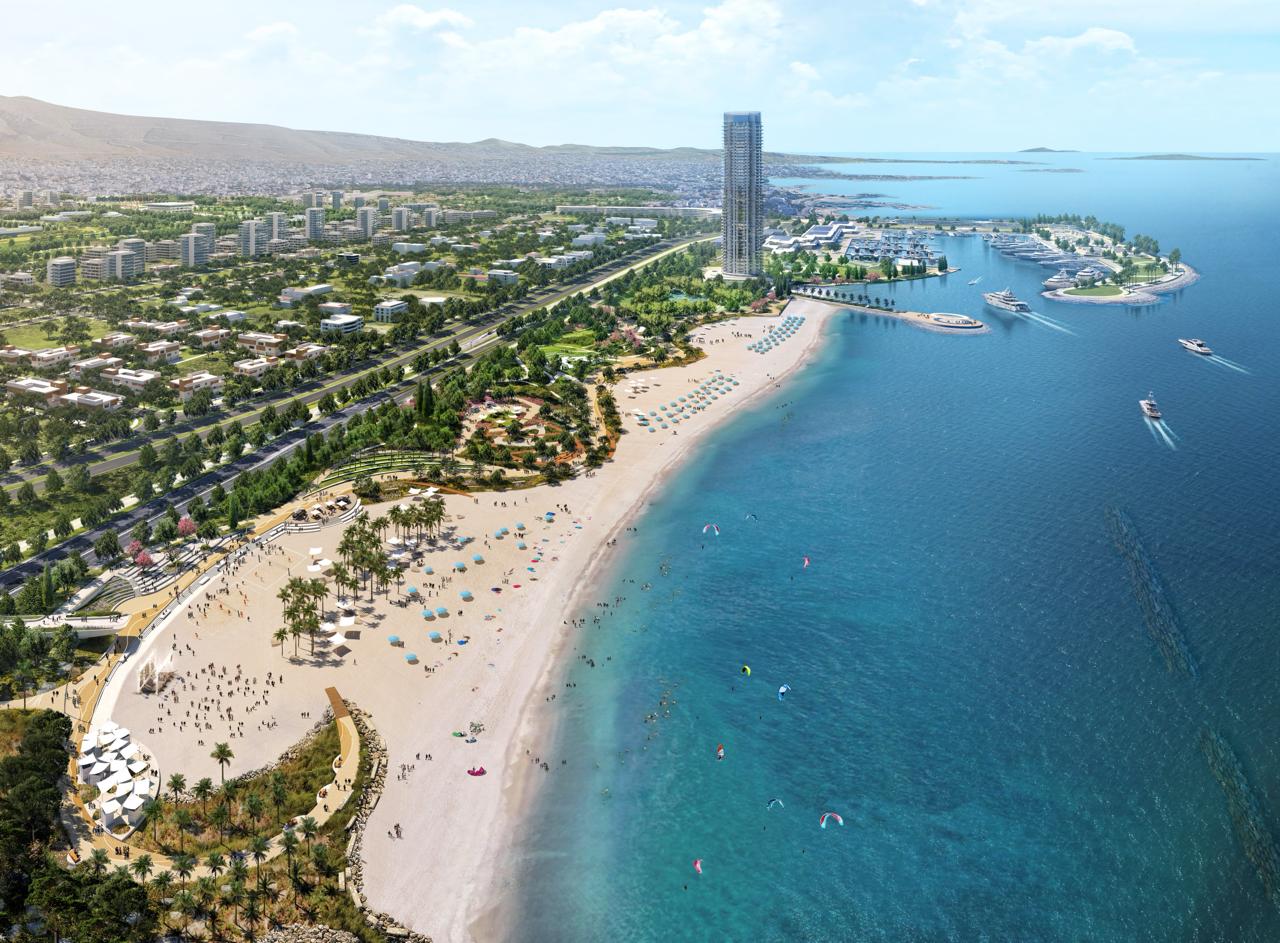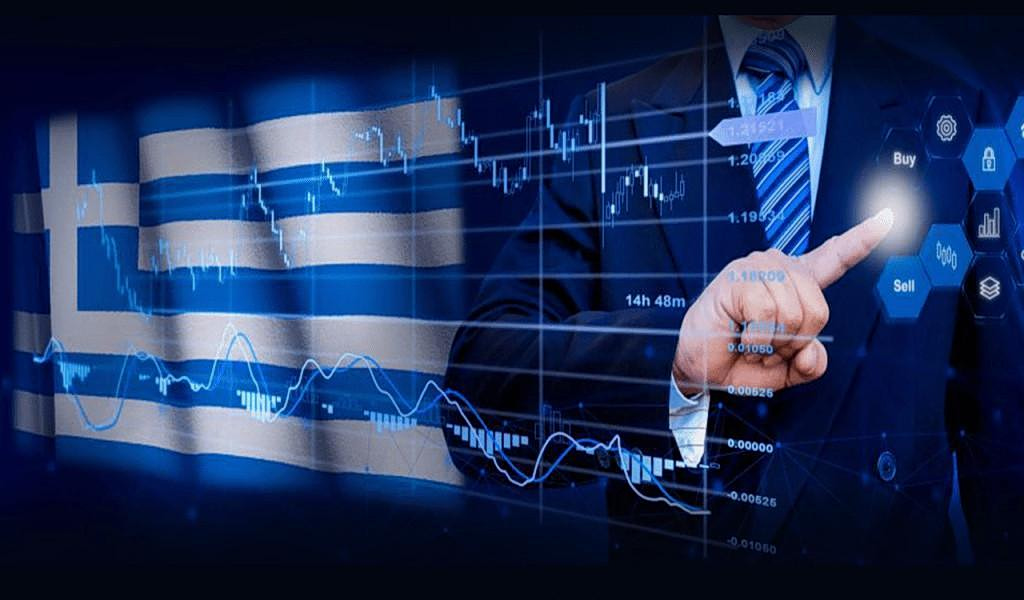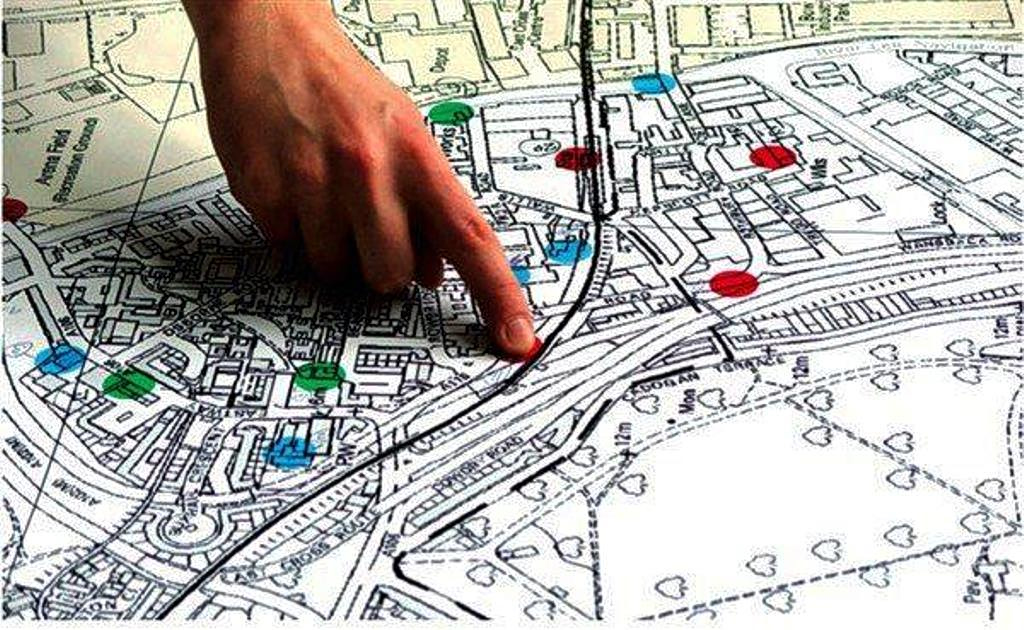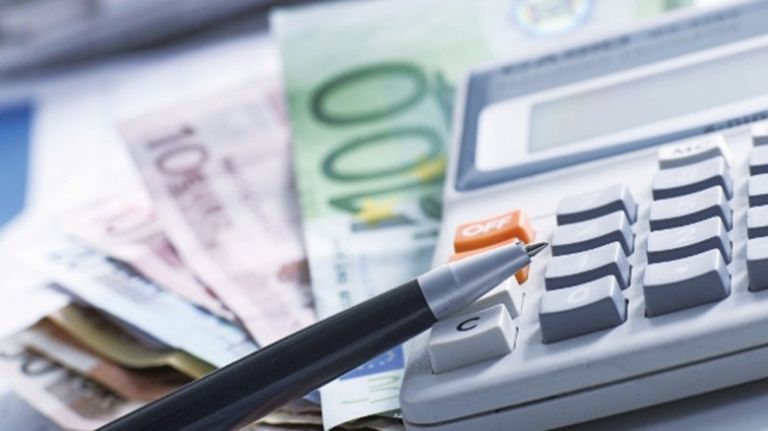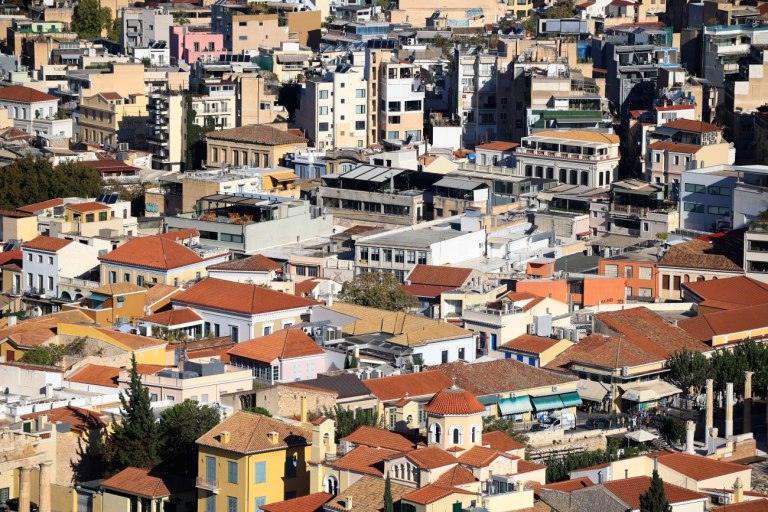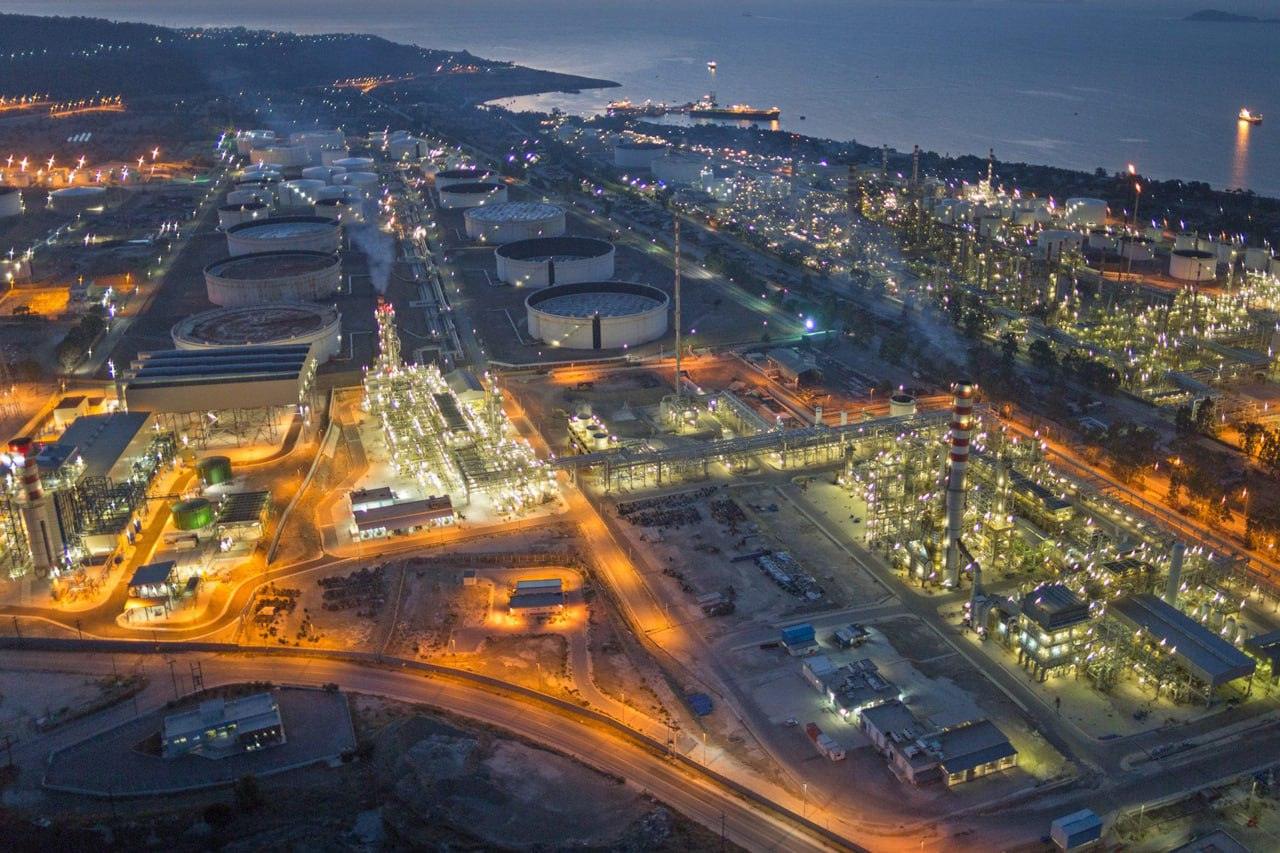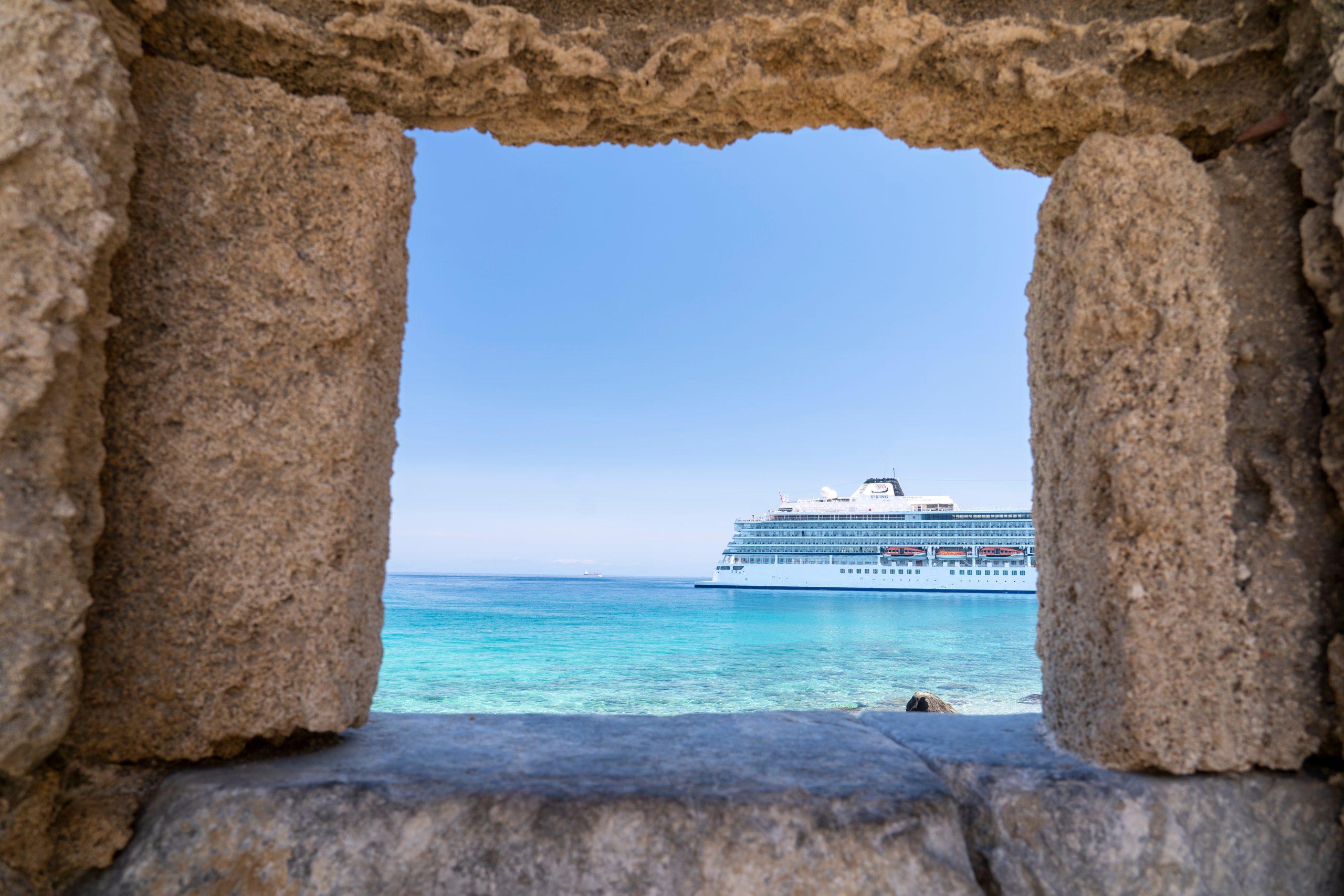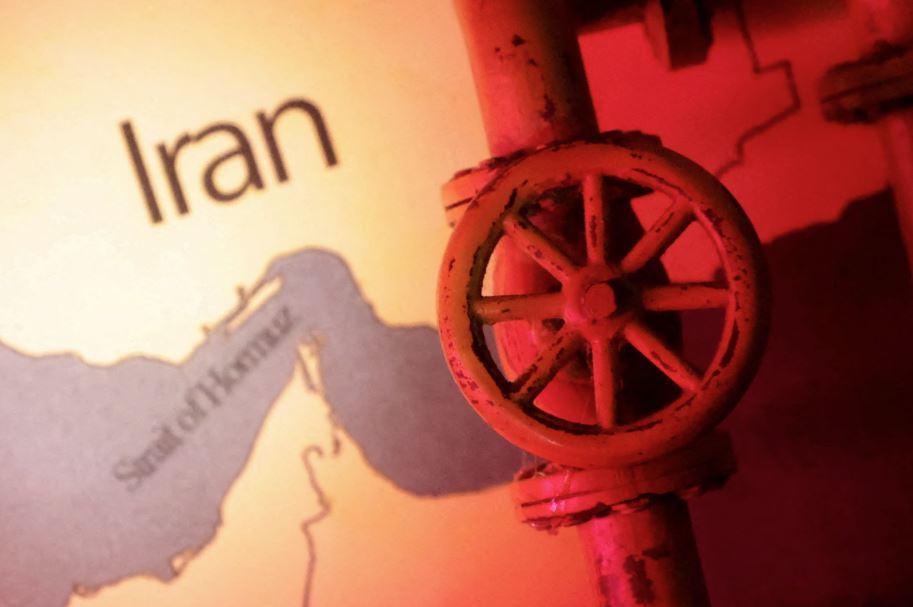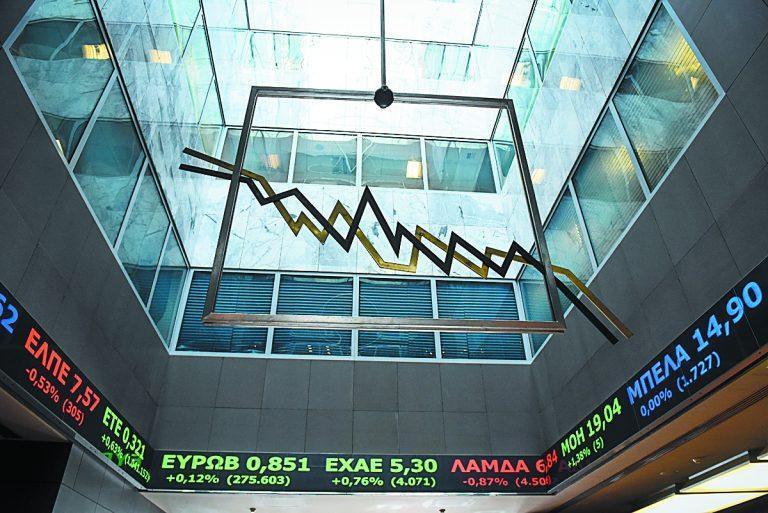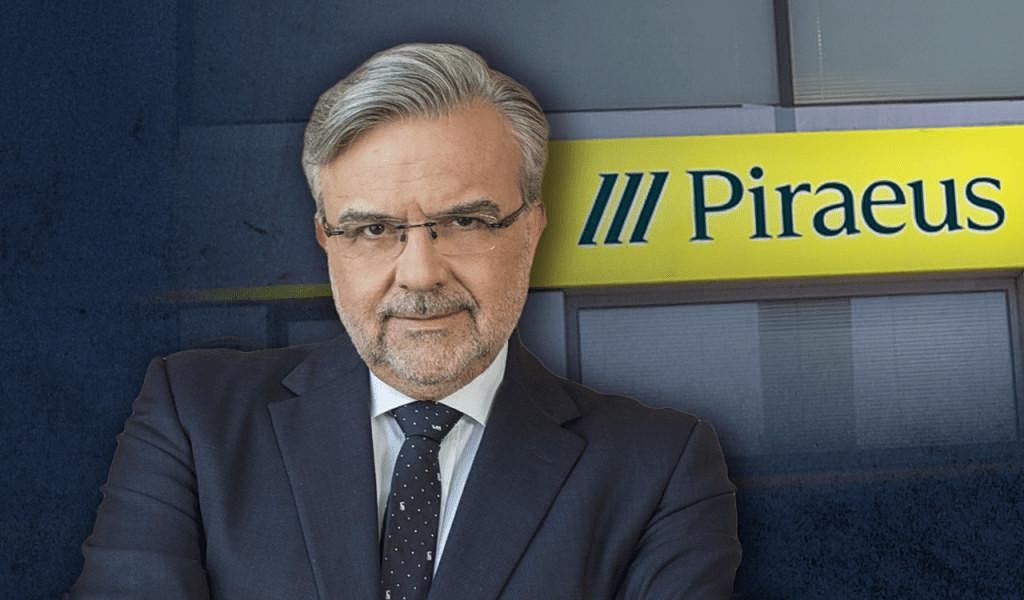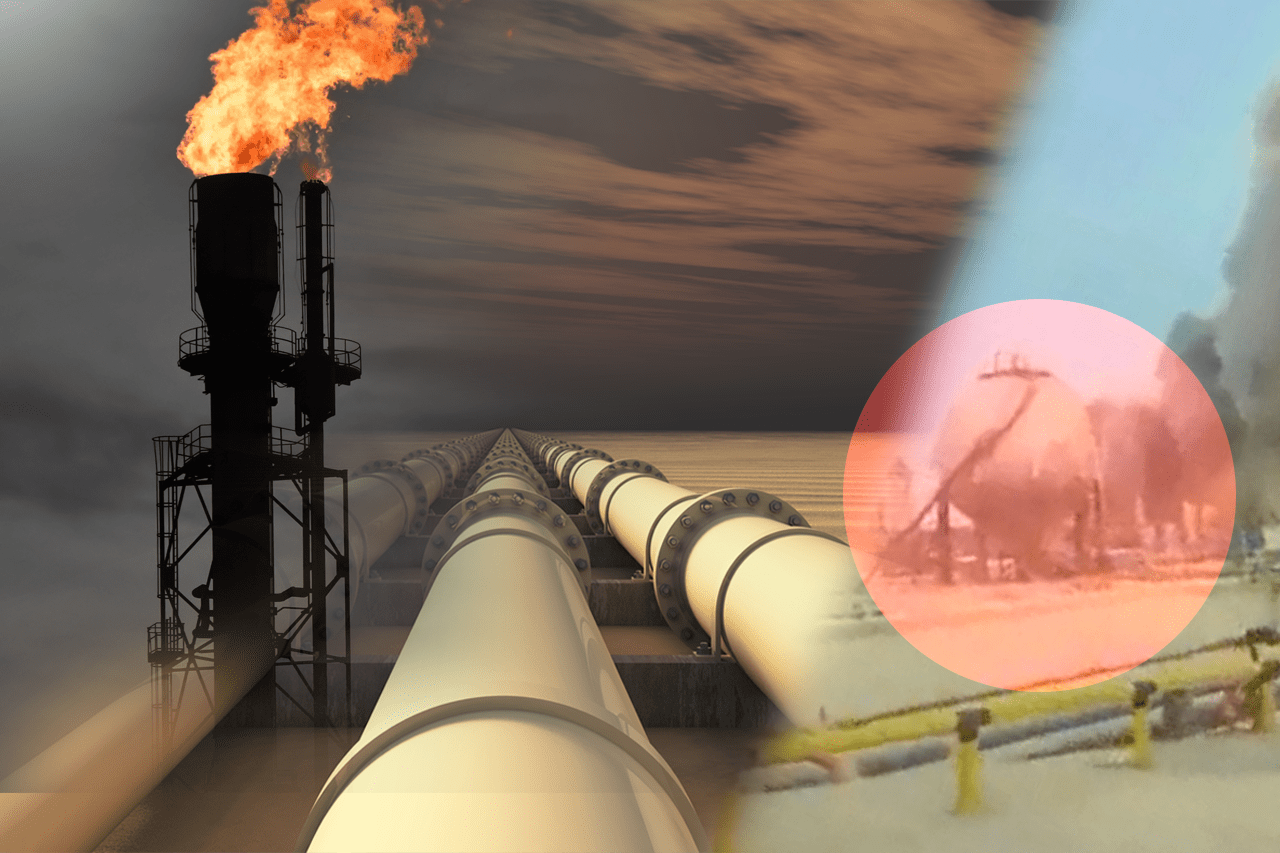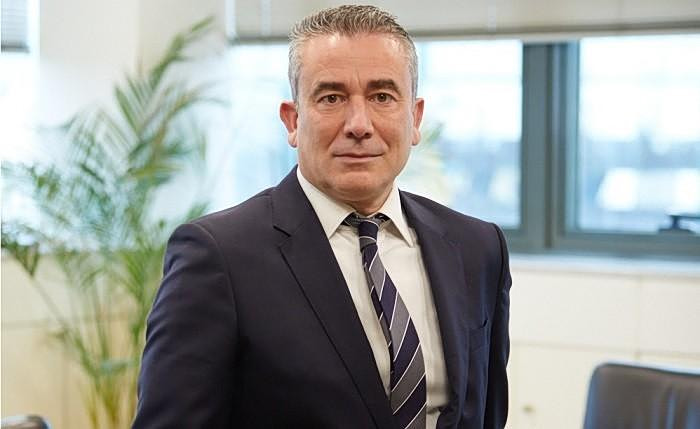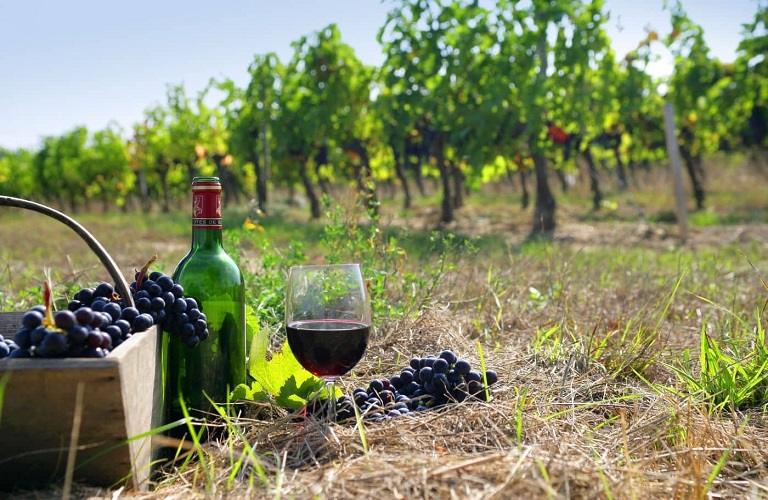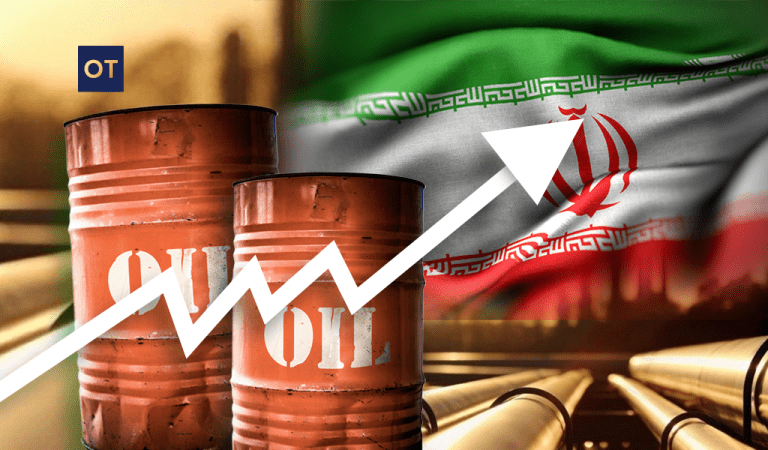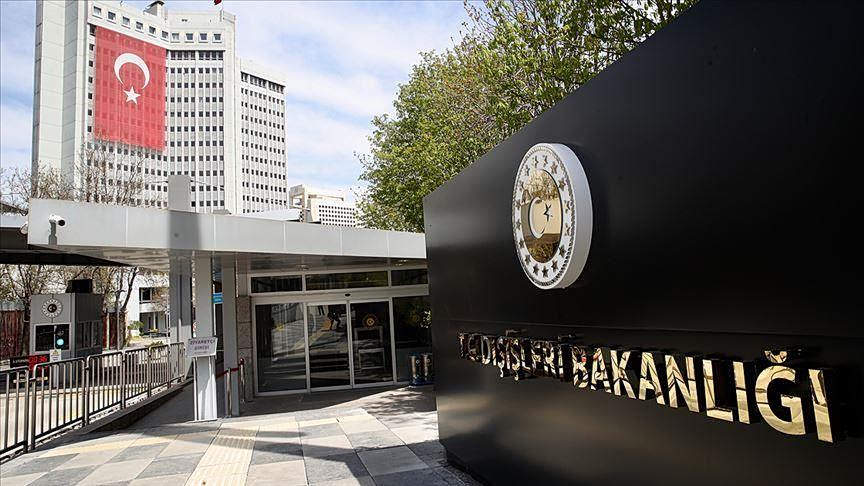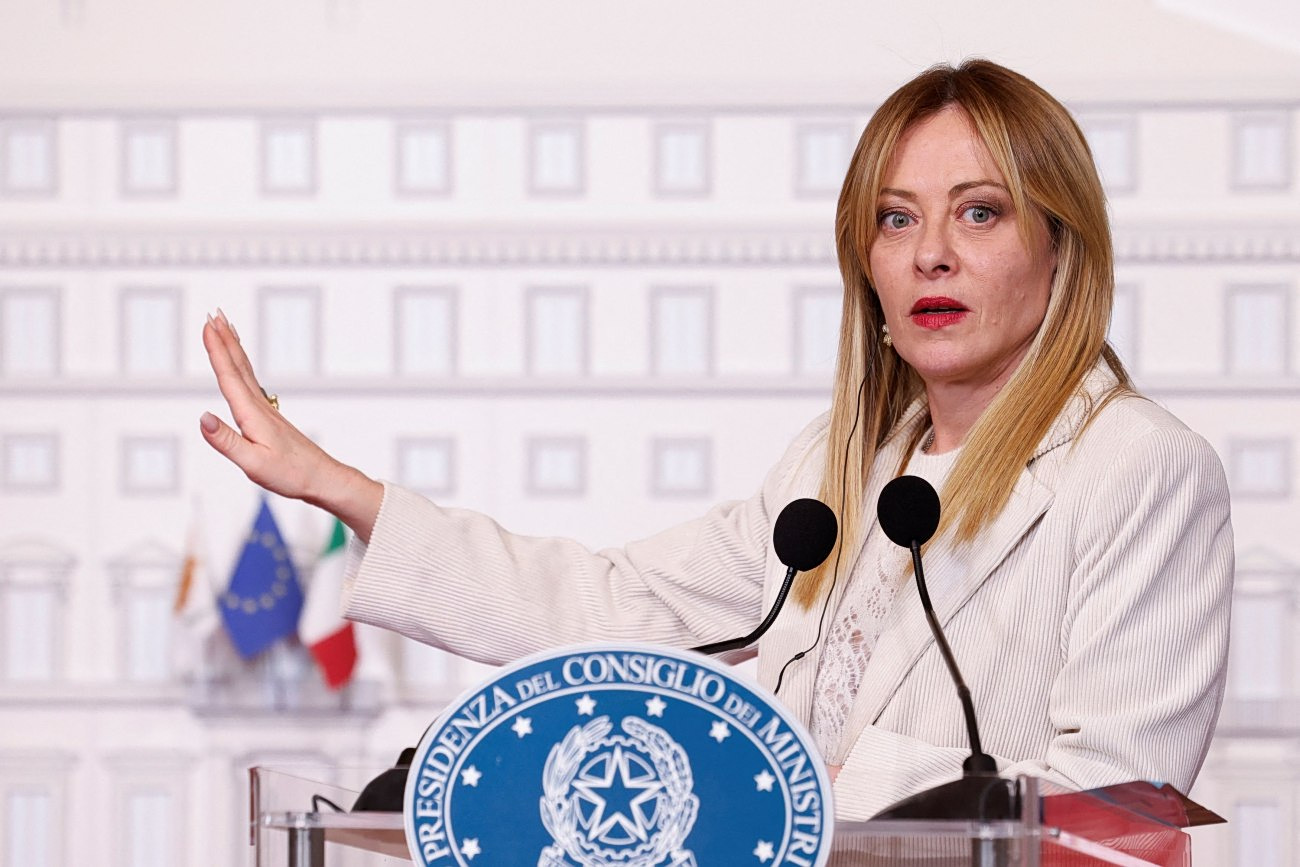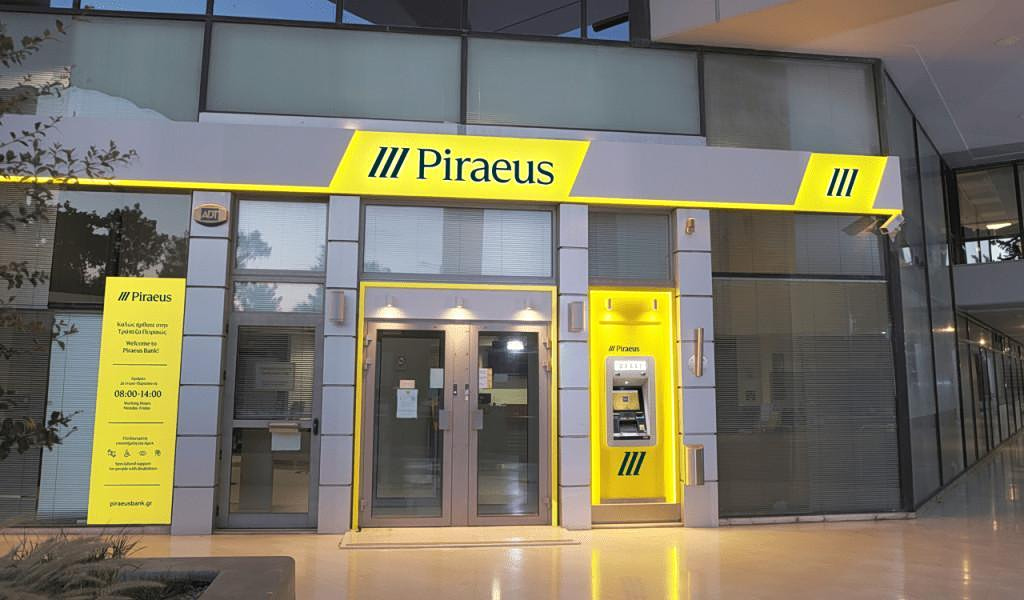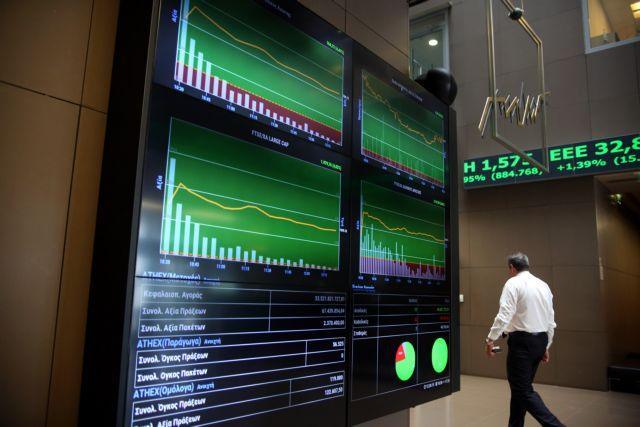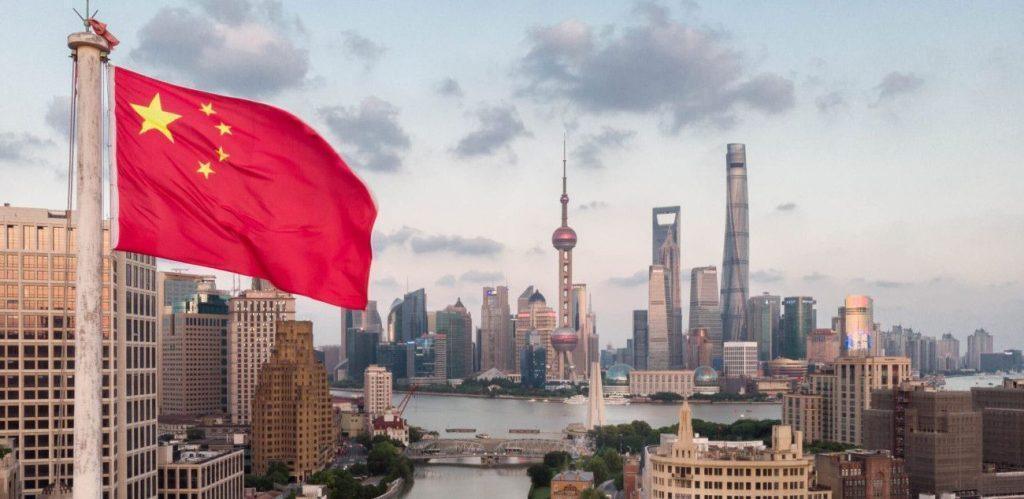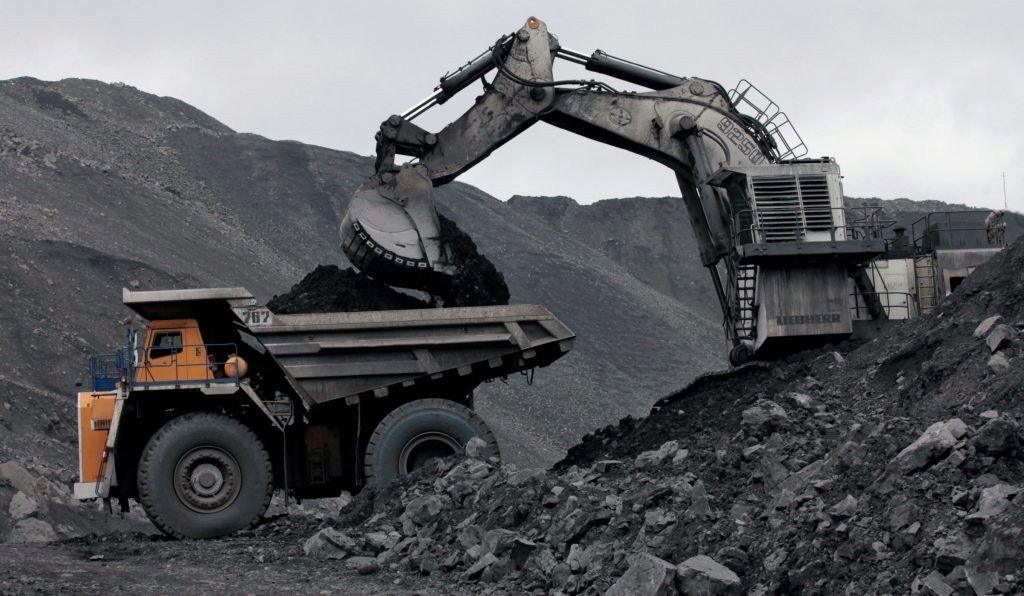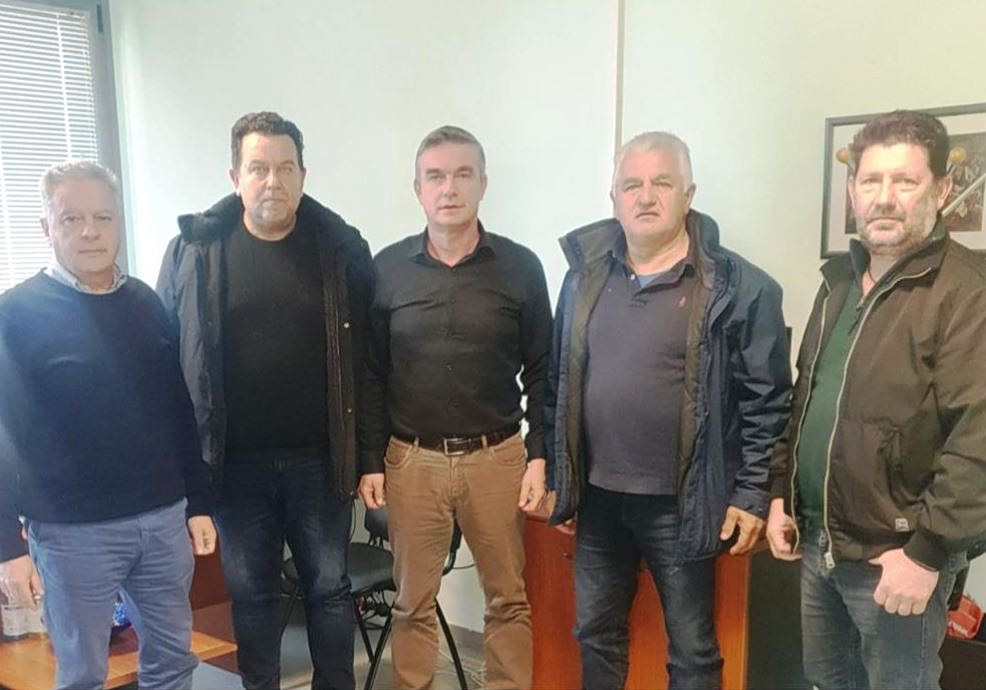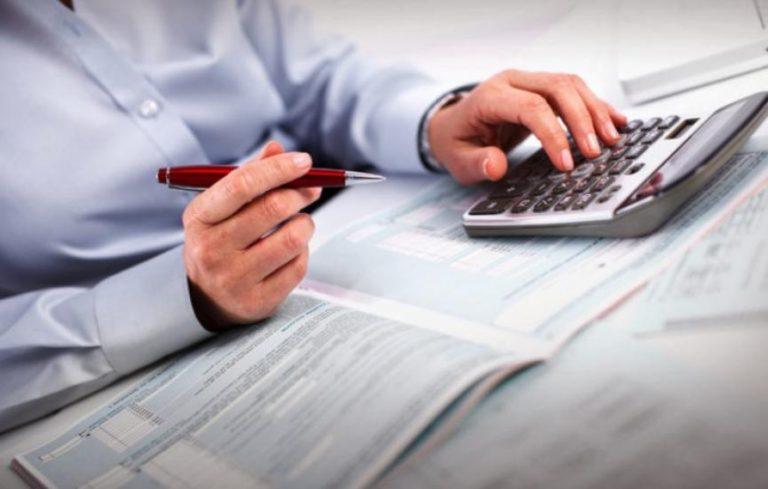EU lawmakers have approved a new package of measures to help wine producers tackle climate and market challenges—but a labeling decision has stirred controversy across the sector.
The European Parliament’s Agriculture Committee (ComAgri) this week ratified the so-called “wine package,” first proposed in March, which offers producers new financial tools and greater flexibility to adapt to changing conditions. The measures aim to help winemakers respond to climate impacts, manage market disruptions, and strengthen the protection of wines with geographical indications.
The committee also backed a controversial decision to label wines containing less than 0.05% alcohol as “reduced alcohol”, instead of the initially suggested “low alcohol” or “alcohol-light”.
The reasoning behind the decision is to tap into a growing consumer demand for beverages with little or no alcohol. Consumer groups are saying that the label also clarifies that such drinks may still pose health risks. Wine producers, however, argue the term is misleading and could create confusion, particularly in translation across EU languages.
The wine package forms part of the EU’s broader framework governing how wine is produced, promoted, and labeled, with the goal of keeping the sector competitive and resilient.
To ensure fair competition among Member States, lawmakers are also pushing for stronger crisis-management mechanisms and new promotional measures, reflecting both national differences and shared European priorities.
According to new data from Copa-Cogeca, which represents more than 22 million European farmers, EU wine production is expected to rise by 1% this year to around 145.5 million hectoliters but is still 7.5% below the five-year average.
Source: tovima.com

